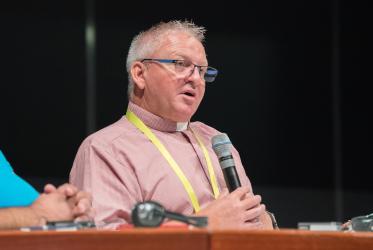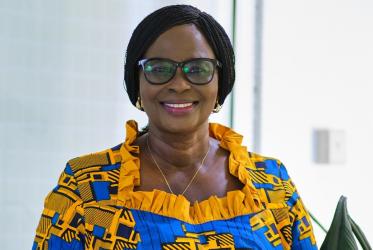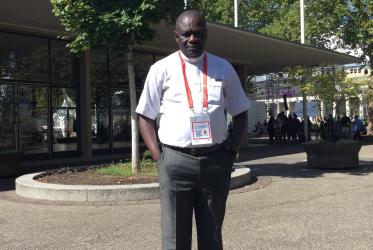Displaying 1 - 20 of 52
WCC, WHO commemorate 50 years of collaboration
04 April 2024
Churches in Africa agree on guidelines for disability inclusion
19 December 2023
WCC webinar explores decolonizing beauty
11 December 2023
HIV and AIDS Civil Society Networks and the Faith Sector
Lessons Learnt from Strategic Engagement in India, Dominican Republic, Indonesia, and Jamaica
31 January 2023
Pandemic and pedagogy: what are the valuable lessons?
21 December 2022
Assembly workshop looked toward ending AIDS epidemic by 2030
19 September 2022

















